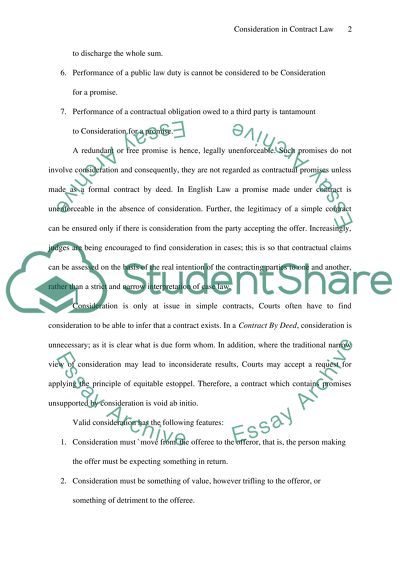Cite this document
(“Contract law, Doctrine of consideration Case Study”, n.d.)
Retrieved from https://studentshare.org/law/1532673-contract-law-doctrine-of-consideration
Retrieved from https://studentshare.org/law/1532673-contract-law-doctrine-of-consideration
(Contract Law, Doctrine of Consideration Case Study)
https://studentshare.org/law/1532673-contract-law-doctrine-of-consideration.
https://studentshare.org/law/1532673-contract-law-doctrine-of-consideration.
“Contract Law, Doctrine of Consideration Case Study”, n.d. https://studentshare.org/law/1532673-contract-law-doctrine-of-consideration.


